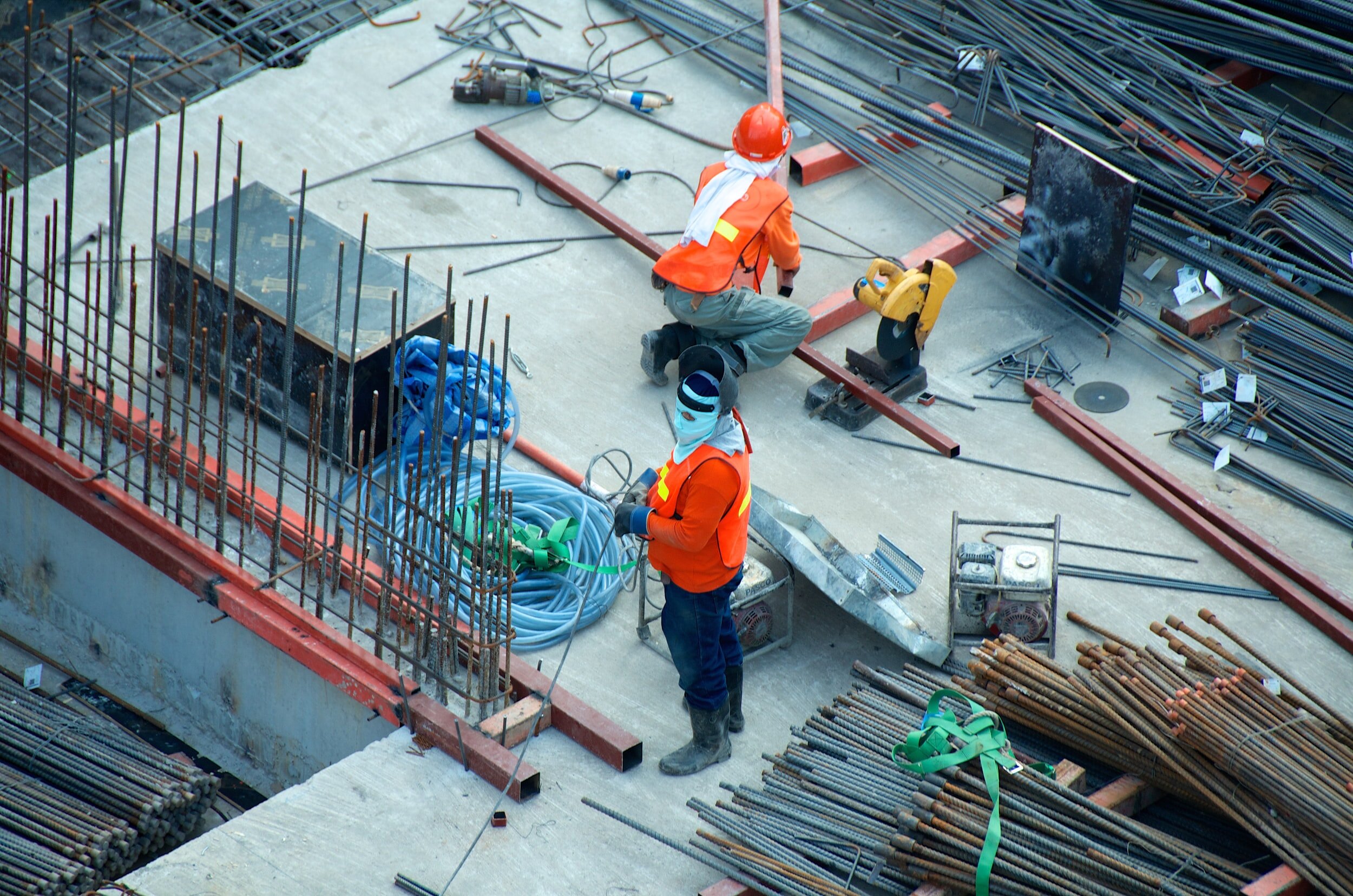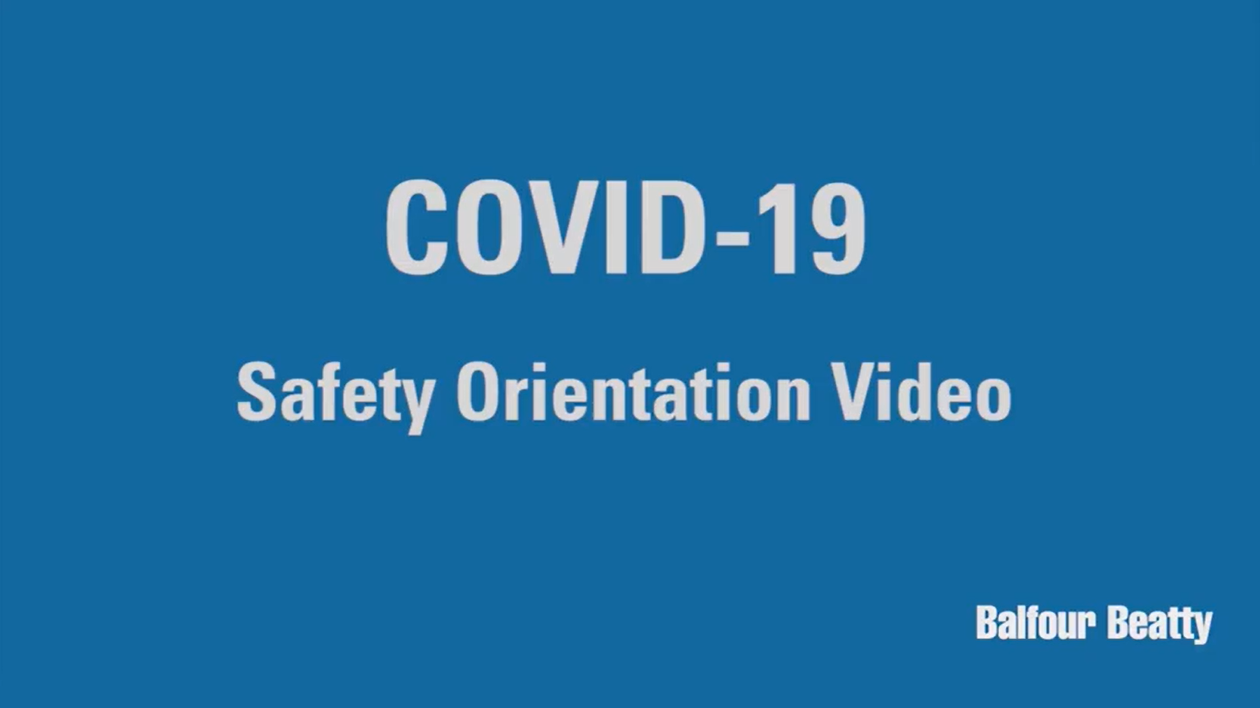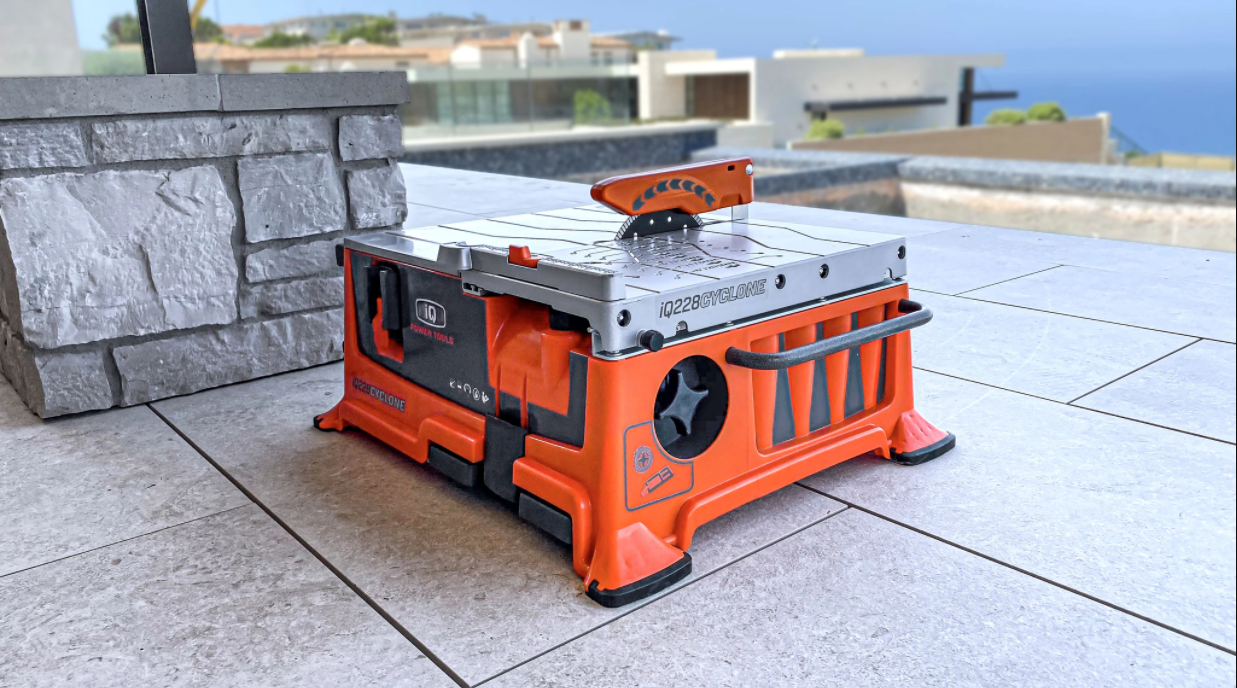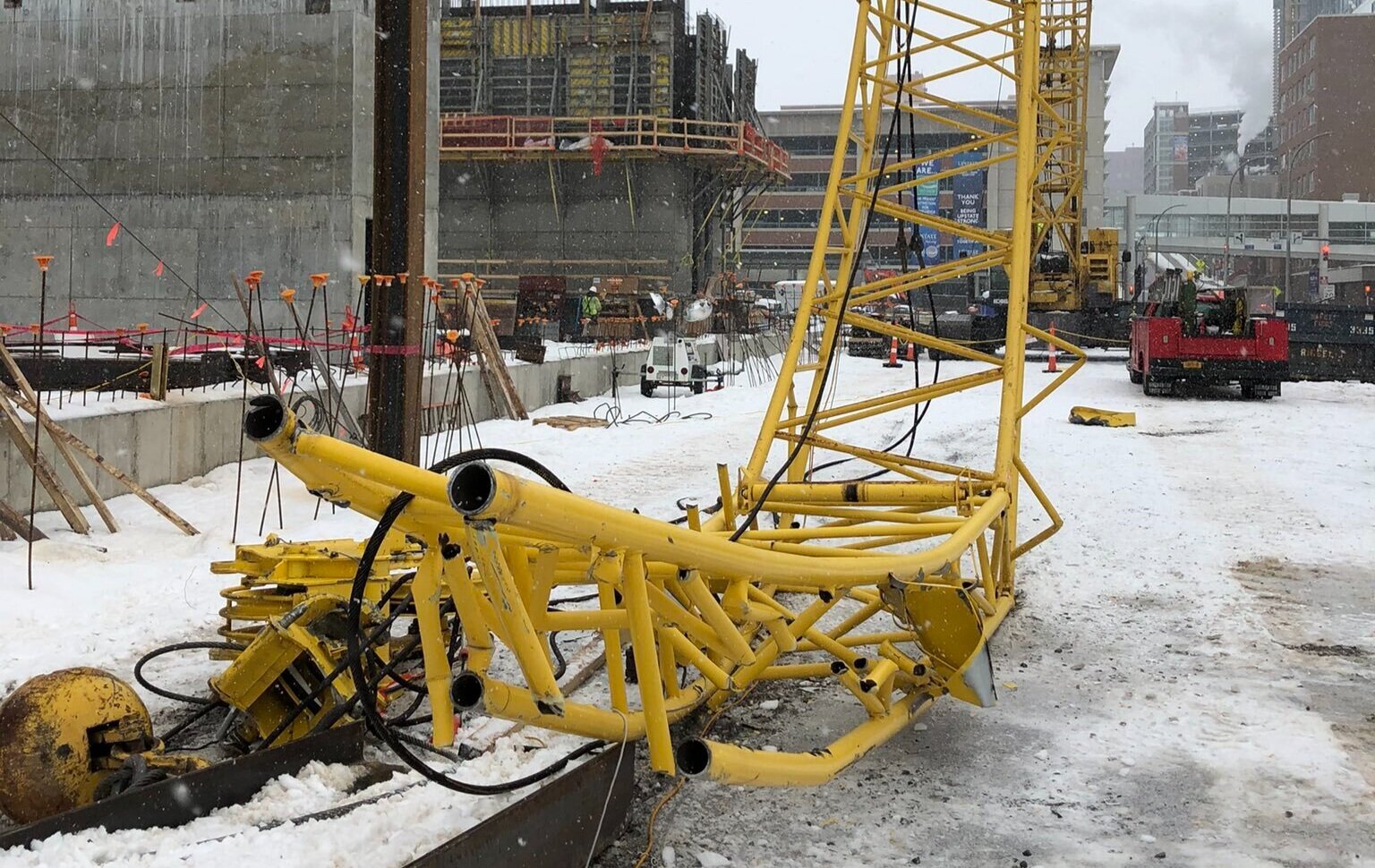OSHA had to fight hard to finally get its relatively new crystalline silica dust exposure regulations passed, and, once it did, the agency wasted no time enforcing the law. In the regulations first 6 months, OSHA issued 116 violations, but the highest penalty at that point was $9,239. More recently, the Virginia Occupational Safety and Health Compliance Division (VOSH) has possibly issued a record citation to a highway contractor, a whopping $304,130 penalty.
According to the Notification of Penalty, the contractor, Lanford Brothers Company, Inc., was issued 2 serious violations and 3 willful-serious violations.
The first serious violation alleged that the employer did not ensure each employee was wearing proper PPE, including eye and face protection from flying particles. The second was for failure to train their employees on the health effects of silica dust exposure. Both of those penalties were $8,065.00 each.
Each of the 3 willful-serious violations were given penalties of $96,000. The first alleged that Lanford did not implement proper engineering controls, like vacuum dust extraction or the wet method, while using jackhammers to remove concrete from bridge piers. The 2nd violation alleged Lanford did not perform an assessment of each employee who was exposed to the silica dust. Finally, the 3rd violation stated that adequate respiratory protection was not provided where required by Table 1.
All silica related regulations for the construction industry can be found in section 1926.1153. For additional information and training materials, we also recently shared 7 short videos that you can share with your crews and 8 frequently asked questions.
More information: Citation and Notification of Penalty | VOSH











Last summer, Hilti announced that they had developed their first exoskeleton designed for construction tradespeople in a partnership with Ottobuck, a prosthetics, orthotics, and exoskeleton provider. Earlier this month, Hilti officially released the exoskeleton, announced more details, and published its retail price on their website.